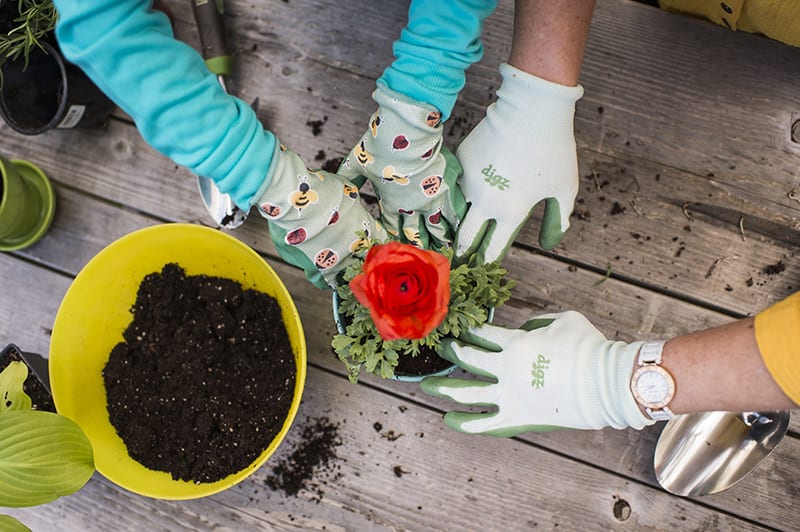Recovery made possible by donor support: Shelley’s story

September is National Recovery Month; a national observance held every September to educate Americans that substance use treatment and mental health services can enable those with a mental and/or substance use disorder to live a healthy and rewarding life.
With donor support through the MultiCare Behavioral Health Foundation, recovery is possible for those who seek care through the MultiCare Behavioral Health Network. You can support behavioral health programs in your community by making a gift today.
To celebrate National Recovery Month and the impact of donor generosity this is Shelley’s* story of recovery.
Shelley was in her mid-sixties when she came to Greater Lakes Mental Healthcare in August 2019 for treatment. She voluntarily entered the Pierce County Drug Addiction Recovery Program (DART) a month later and quickly realized it was going to be more work than she had anticipated.
Shelley struggled with change and with relapsing. In her words she “could talk the talk but wasn’t willing to walk the walk yet.” In January 2020, she found herself in jail for using methamphetamines.
“This was my ‘come-to-Jesus moment,’” she explains.
Until then, she had never been in trouble with the law. It was then she knew that her relationship with drugs would only lead to more trouble, so she sought treatment.
In treatment, Shelley began to improve in positive ways, such as coming to group therapy consistently, working through materials provided by her counselor and asking questions of her counselor and peers on how to apply the tools she was given.
When COVID-19 emerged, Shelley was the first client to transition to telehealth to continue to support her recovery. She was able to keep working on relapse prevention and expanding her community recovery network so that when her treatment with Greater Lakes ended, she would have support systems in place.
Upon discharge, she had become actively involved in her community. Shelley developed healthy hobbies, such as gardening, traveling and painting. She built back relationships with her adult children and is now allowed to spend a significant amount of time with her grandchildren. After her treatment at Greater Lakes Mental Healthcare, Shelley was able to move to the next phase of the DART program.
Shelley is currently working with her counselor to create a letter of completion and strong relapse prevention plan.
*Editor’s Note: All names have been changed to protect clients’ privacy.



